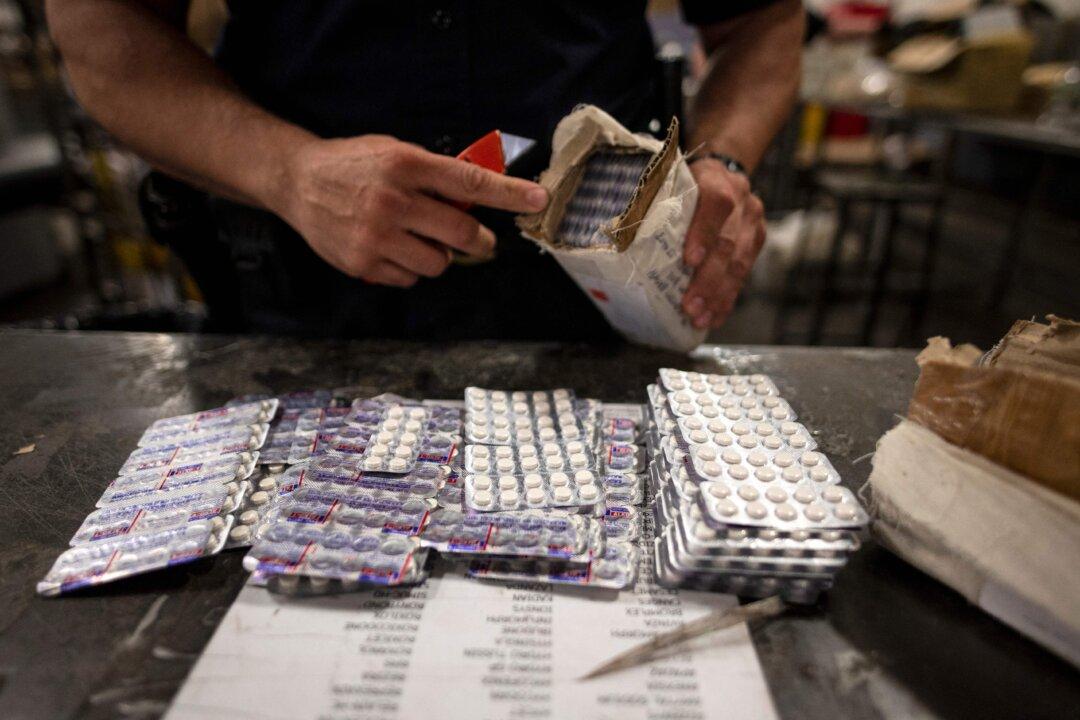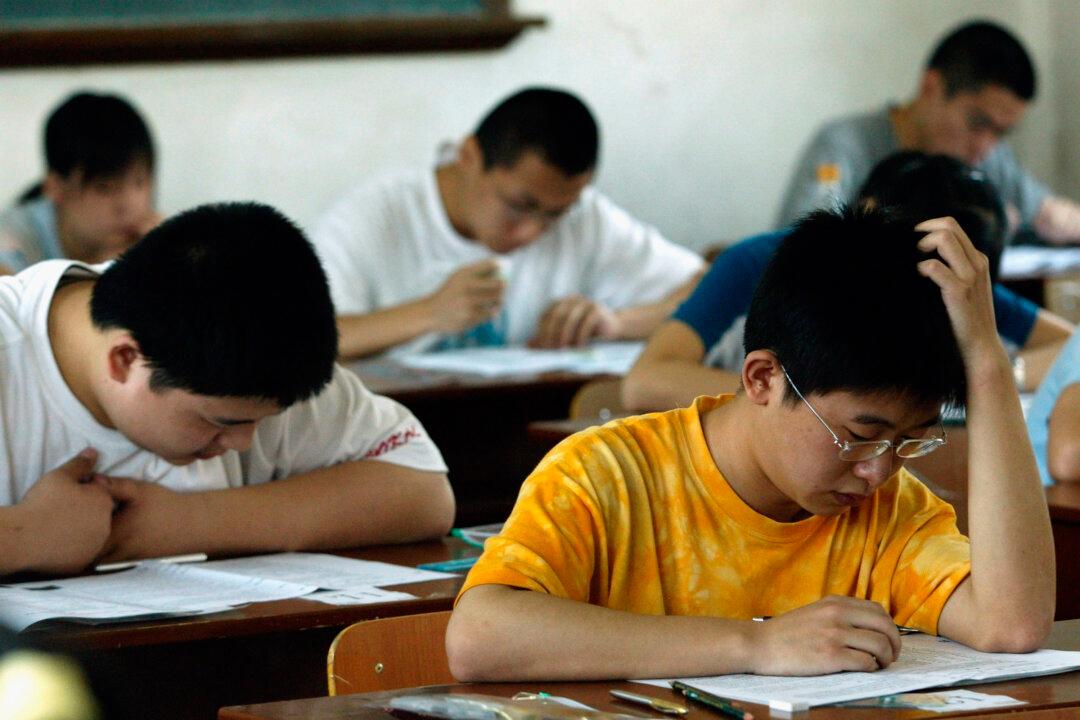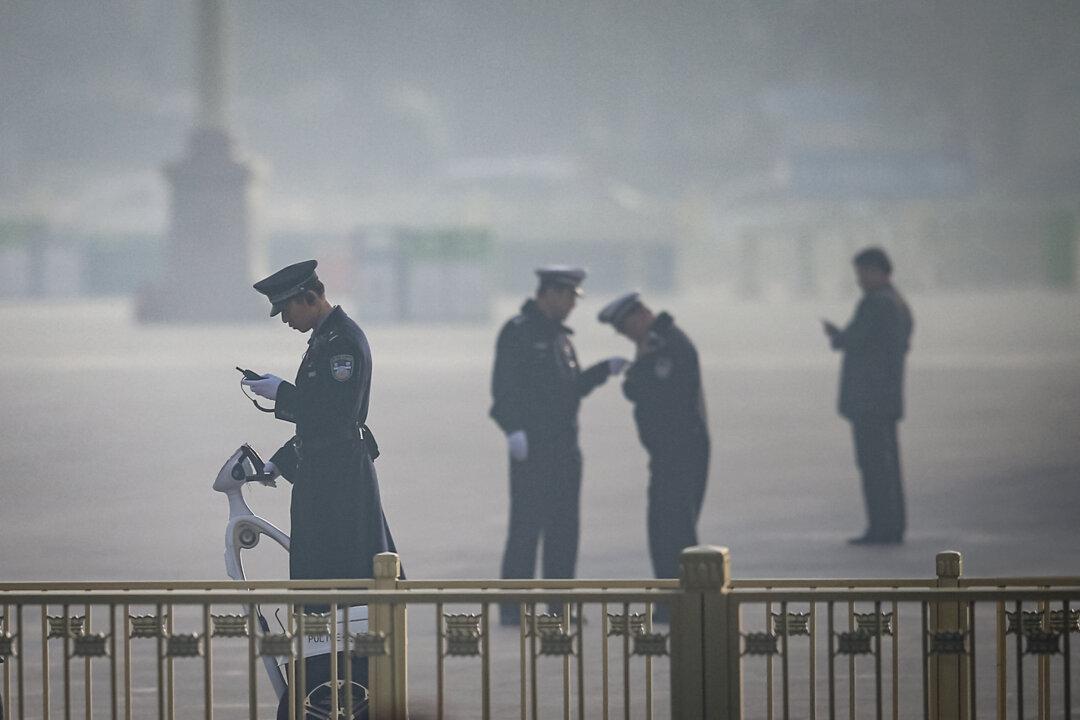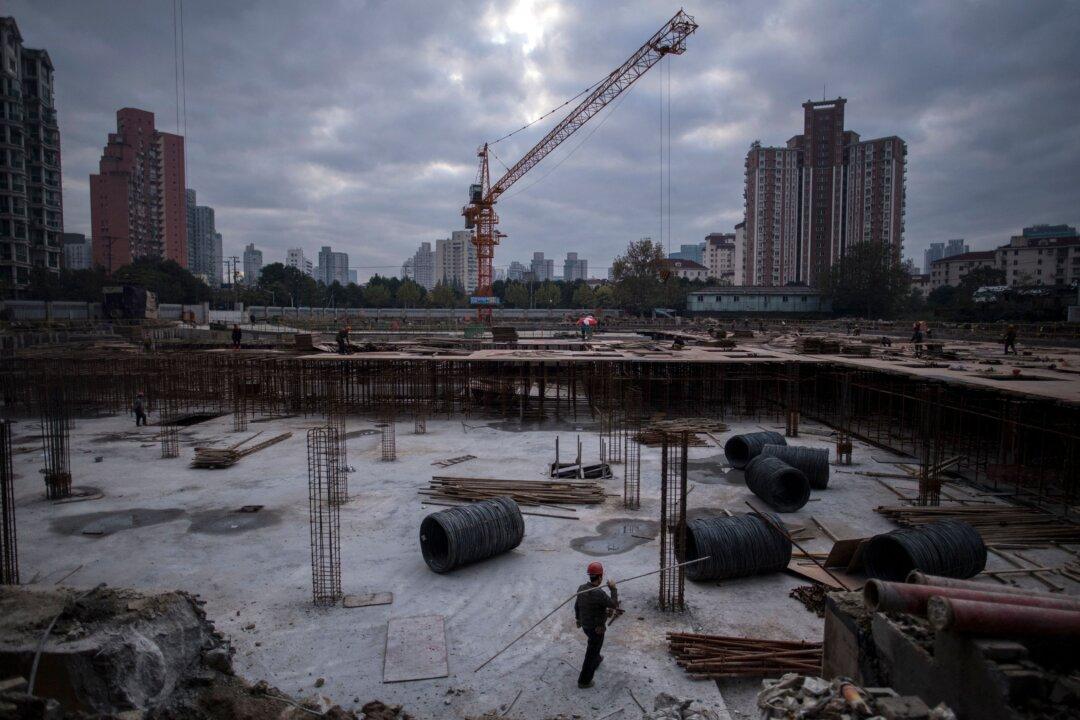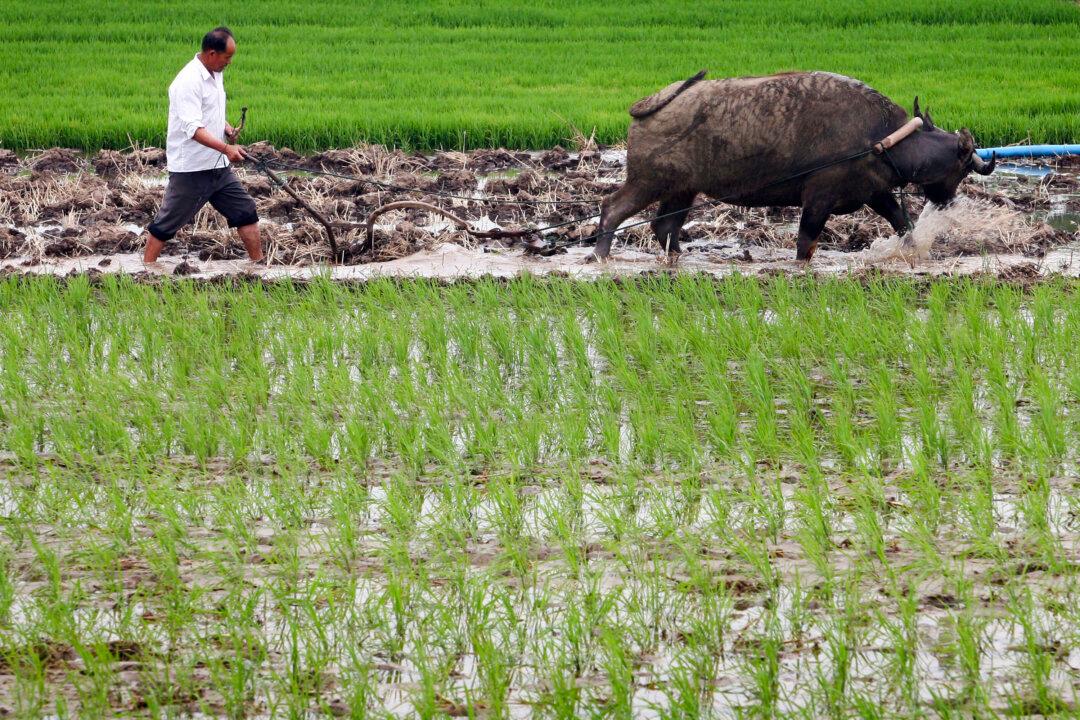Commentary
Fentanyl, a powerful synthetic opioid, is linked to nearly 100,000 deaths annually in the United States, surpassing the fatality toll of many historical conflicts. On April 17, a significant U.S. Congressional hearing was convened to scrutinize the role of the Chinese Communist Party (CCP) in this burgeoning crisis. Central to the inquiry is whether the CCP’s involvement stems from negligence or a deliberate strategy to allow substantial quantities of fentanyl into the United States.
